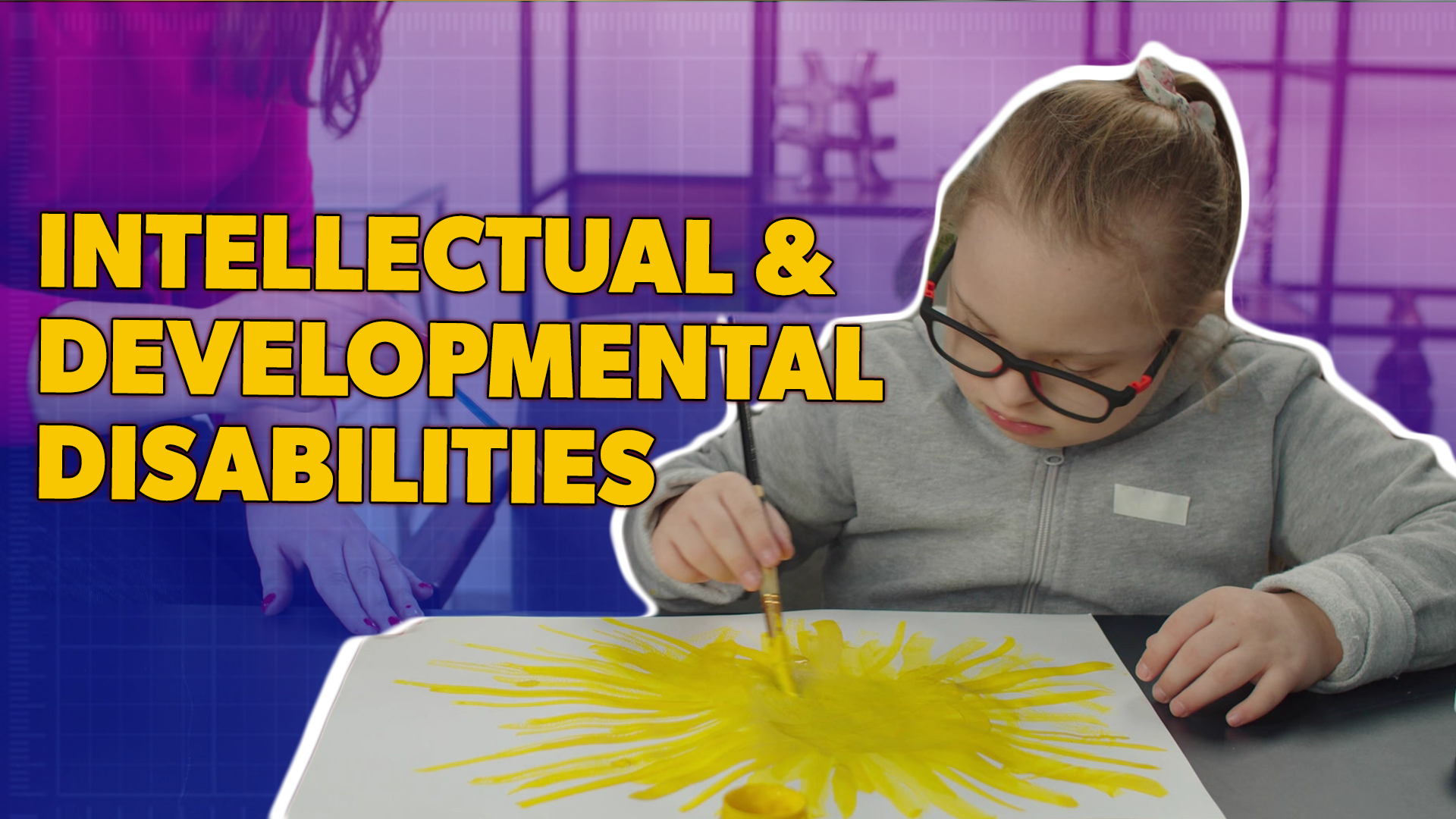Teens and Mental Health
One in five US adolescents has a diagnosable mental health disorder. Here’s how you can encourage teens in your care to find balance in their lives and when to seek help from a professional.
Both a person’s brain chemistry and their environment can influence their mental state. “Mental health is not simply the absence of a mental health disorder,” Parentalogic cohost Alok Patel says. “Mental health is how all of us cope through everything that we deal with in life.” Teens, who have many “variables to deal with,” Alok says, are uniquely susceptible to mental health disorders. In this episode, hosts Alok and Bethany Van Delft build on the facts presented in Parentalogic’s puberty videos to explain why teens’ mental health care is so important.
Oftentimes, a mental health disorder will be described as a "chemical imbalance," as chemical messengers in the brain called neurotransmitters regulate the different moods one might experience. Neurotransmitters like dopamine, endorphins, serotonin, and oxytocin can make a person feel happy and fulfilled. They can be influenced by activities like exercise, spending time with friends, or eating good food. "This is why some adolescents might feel down or tired, then all of a sudden get really excited to go play their favorite sport," Alok says. One step that caregivers can take to promote a teen's mental health is to encourage safe activities that boost their mood.
Some neurotransmitters are dependent on healthy cycles—like a set sleep schedule and regular nutritious meals—to flourish. In Parentalogic’s sleep cycles video, Alok and Bethany explain that teens often have a bevy of responsibilities that can prevent them from sleeping on time. Caregivers can also help promote good mental health by leading by example and limiting their own before-bed screen time at home, for example.
Even if healthy behavior is being promoted at home, teens can still develop a mental illness. If you notice that your child’s sleeping or eating habits have changed, they show little to no interest in what they usually enjoy, and/or they have trouble concentrating, it may be time to start a conversation about their mental health. And if your teen is expressing thoughts of self-harm or suicide, "you should seek emergency help ASAP," Alok says.
As teens grow older and their brains develop, disorders should become more manageable, whether it be through medication or therapy and counseling. "A lot of teens get a big benefit from just talking to someone," Alok says. Addressing mental health stigma and building trust with your teen can help them feel safe and secure through this stage of life.
Subscribe to the YouTube channel and receive alerts when new episodes launch!

